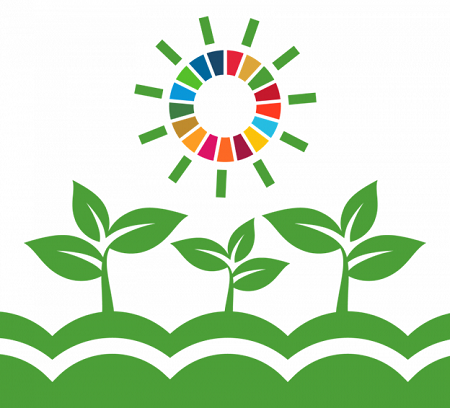Human Rights Lacking in Global Food Governance

A global civil society movement questioning the [validity of] the first UN Food Systems Summit has been strengthening over the past several months. The Summit, which is expected to be held in September 2021 in New York City, has circumvented the hard fought-for modalities of civil society participation in global food governance, most notably the Civil Society and Indigenous Peoples’ Mechanism (CSM) for relations with the UN Committee on World Food Security (CFS). Several networks have expressed their concern over the Summit, including through a formal letter to United Nations Secretary-General António Guterres, co-signed by several hundred civil society organizations, including HIC.
A recent CSM call to engagement states about the Summit that:
“its genesis, political framing and governance do not correspond to the rights-based, legitimate and inclusive multilateral policy process that would be required to justify such a name... While pretending to address the challenges that unsustainable food systems pose to climate and biodiversity, the Summit may instead promote the increasing corporate capture of the intersection of food and climate policy making and advance the interests of corporations and finance capital. This Summit is structurally and systemically linked to the well-articulated corporate strategies to deny rights, appropriate resources and capture democratic spaces, which Indigenous Peoples’, social movements, unions and campaigns all over the world have been combatting.”
UN Special Rapporteur on the Right to Food Michael Fakhri has also expressed his concern that the Food Systems Summit lacks a commitment to human rights, and has prioritized high-tech, high-cost, market-based solutions to food crises.
This lack of respect for human rights obligations became evident also in the recent negotiations of the CFS Voluntary Guidelines on Food Systems and Nutrition in May 2020. The states members’ dismissal of human rights during these negotiations challenged both international law and the multilateral system.
CSM has not yet endorsed the Guidelines, and it is unclear if it will do so given its deep disappointment with the outcome and process of negotiations. Civil society priority issues that were not included in the Guidelines include the absence of human rights as the central pillar of food systems transformation, lack of acknowledgement of the negative impacts of industrial agriculture, ultra-processed foods, and long supply chains, and recognition of the public purpose (i.e., social function) of food systems.
Both the UN Food Systems Summit and the draft CSF Voluntary Guidelines on Food Systems and Nutrition are indicative of a shift away from human rights obligations and respect for inclusive processes and peoples’ priorities in global food governance. It is vital now more than ever that civil society remain committed to hold governments and their delegations to account for their role in this trend.
Image: General logo of the UNFSS. Source: UN.
|